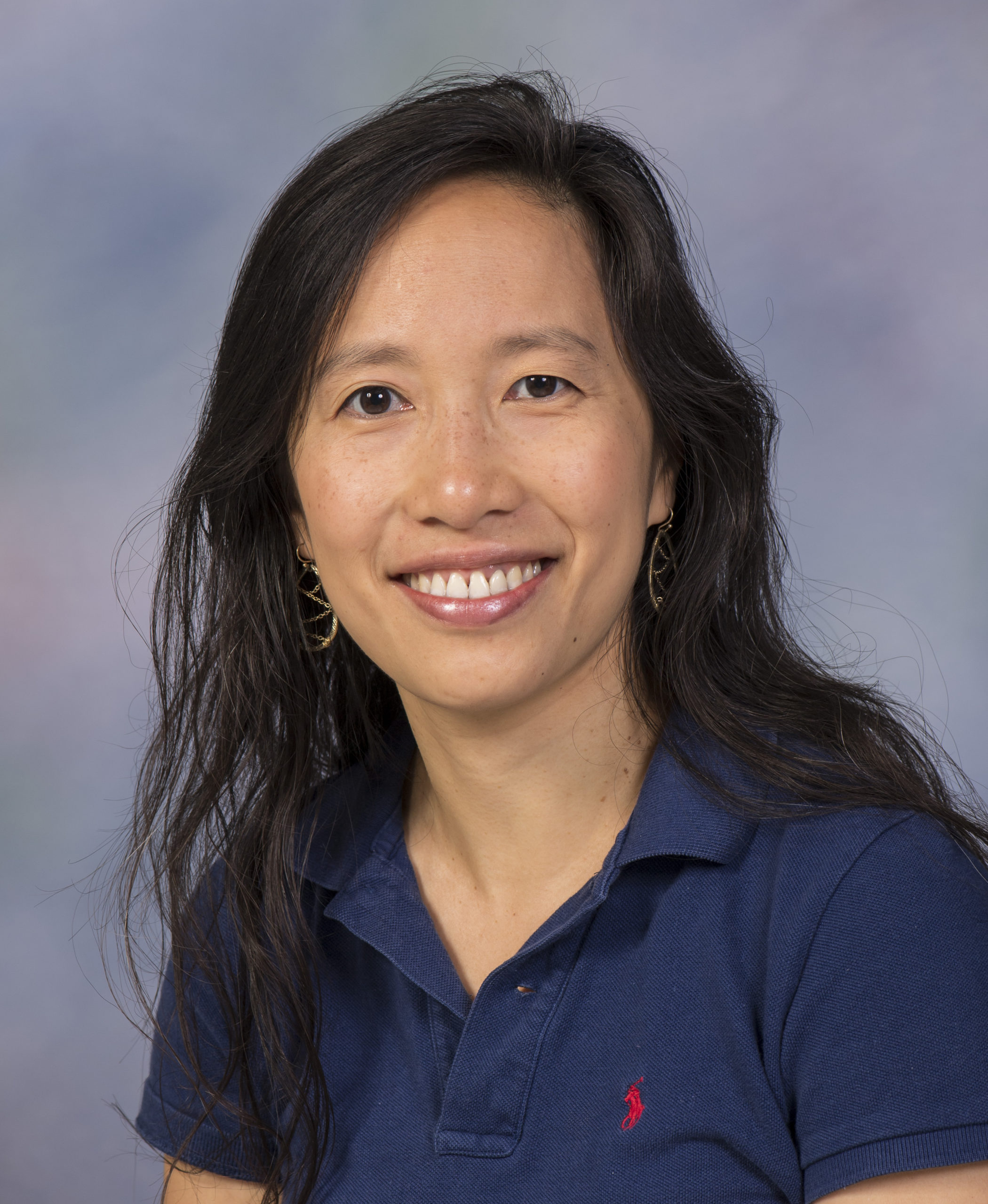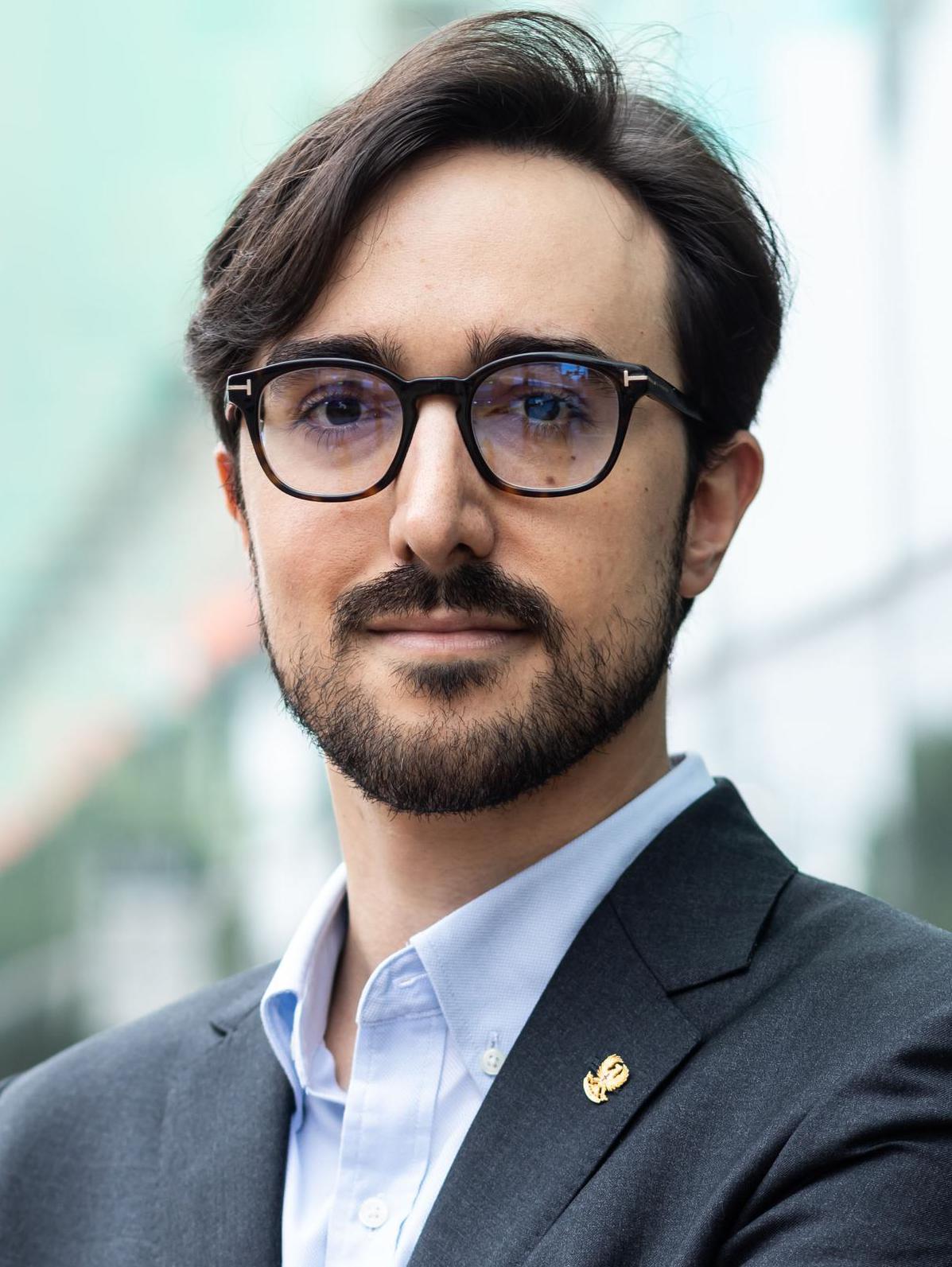Early Career Interdisciplinary Science Prize – for 2024 and 2025
Nominations are sought for the Interdisciplinary Early Career Science Prize in at least two fields of Physics. Nominators should list at least two IUPAP Commissions, Affiliated Commissions or Working Groups that specialize in those fields. Nominees for the 2024, and 2025 awards are expected to have made original and outstanding contributions to the listed fields of Physics and its community. The deadline for the submission of nominations is June 30, 2025.
The IUPAP Interdisciplinary Early Career Science Prize (IECSP) was established to recognize the contribution of Early Career Scientists who carry out and/or facilitate interdisciplinary research that does not fit within a single field of physics covered by one of the IUPAP Commissions, Affiliated Commissions and Working Groups. For this award, the call would be for the nomination of such candidates. In view of the start of International Year of Quantum (IYQ) and the Decade of Science for Sustainable Development (DSSD), nominations pertaining to these areas are encouraged.
Up to two winners will be selected for the IECSP (one each for 2024 and 2025), which would be presented at the IUPAP General Assembly to be held in 2025. Each prize will consist of CHF1000, a medal, and a certificate.
Nominees for the Prize should have completed their Ph.D in 2016 or later. Candidates who completed their Ph.D earlier may be considered for justifiable career interruptions (such as maternity or health reasons etc.) for requesting extension of the post Ph.D period. In such cases the justification should be included in the nomination letter for seeking extension of the post Ph.D period. The nominee should be the principal contributor to the original work of outstanding scientific quality in an interdisciplinary area that spans at least two physics fields. Nominators are encouraged to consider candidates of diverse backgrounds in terms of gender, geographical regions and underrepresented groups. Development of new instruments, new experimental techniques or new methods of data analysis and/or interpretation in one field by the candidate may have resulted in its application to other fields, leading to interdisciplinary research. Such candidates whose work fostered interdisciplinary research should also be considered for this prize. The nomination package may include,
- A nomination letter stating the fields of physics that are impacted by the research of the nominee. This letter should list at least two IUPAP Commissions, Affiliated Commissions or Working Groups that specialize in those fields. In cases where extension is requested due to career interruption(s) explanation for why that is required should be included in the letter. During the evaluation process additional documentation to support the nomination may be sought.
- Two letters of support
- A CV of the nominee
- A statement signed by the nominator declaring that the candidate is not under consideration for another IUPAP Early Career Science Prize at the time of submission
- The nomination package should contain a statement signed by the nominator stating that “to the best of their knowledge, there are no concerns that IUPAP Executive Council should be aware of regarding the nominee not satisfying the expectation that he/she meets the commonly held standards of professional ethics and scientific integrity”.
The nomination package should be sent to [email protected] by June 30, 2025. A decision on the winners of the prizes would be made at a subsequent meeting of the IUPAP Executive Council and Commission Chairs. The awardees would be notified thereafter.
IUPAP Interdisciplinary Early Career Scientist Prize 2022-2023

Evelyn Tang
For her development of new topological and geometrical analyses that reveal fundamental physics aspects which allow the characterization of robust emergent phenomena in complex systems, from quantum phases of matter to biological systems and the brain.
Evelyn Tang joined the faculty in the Dept. of Physics and Astronomy and the Center for Theoretical Biological Physics at Rice University, in 2021. Previously, she was a group leader at the Max Planck Institute for Dynamics and Self-Organization and before that, an Africk Postdoctoral Fellow at the University of Pennsylvania in the group of Dani Bassett. In 2015, she received her PhD in Physics from the Massachusetts Institute of Technology, where she worked with Xiao-Gang Wen on novel topological states in quantum electronic systems. She holds an MPhil from the University of Cambridge and a BS from Yale University. Tang is a recipient of several awards including from NSF CAREER, Scialog, and the Chan-Zuckerberg Foundation. She was previously a Simon-Berkeley Research Fellow and Gates Cambridge scholar.

Stefano Martiniani
For groundbreaking contributions to the understanding of the statistical mechanics of active and amorphous systems via the development of uniquely original approaches for quantifying order, entropy and entropy production in systems far from equilibrium, including granular and active matter, neural networks and biological systems.
Stefano Martiniani received his B.Sc. from Imperial College London in 2012, followed by an M.Phil. in Scientific Computing (2013) and Ph.D. in Chemistry from the University of Cambridge in 2017. He spent two years as a postdoctoral associate in the Center for Soft Matter Research, Department of Physics at NYU, and subsequently joined the University of Minnesota as an Assistant Professor of Chemical Engineering and Materials Science (2019-2021). Since 2022 he is an Assistant Professor of Physics, Chemistry, and Mathematics at NYU. Prior awards include the Simons Foundation Faculty Fellowship, Gates Cambridge and St. John’s Benefactors scholarships, and outstanding Ph.D. thesis prize from the University of Cambridge. He is an NSF and NIH principal investigator.




